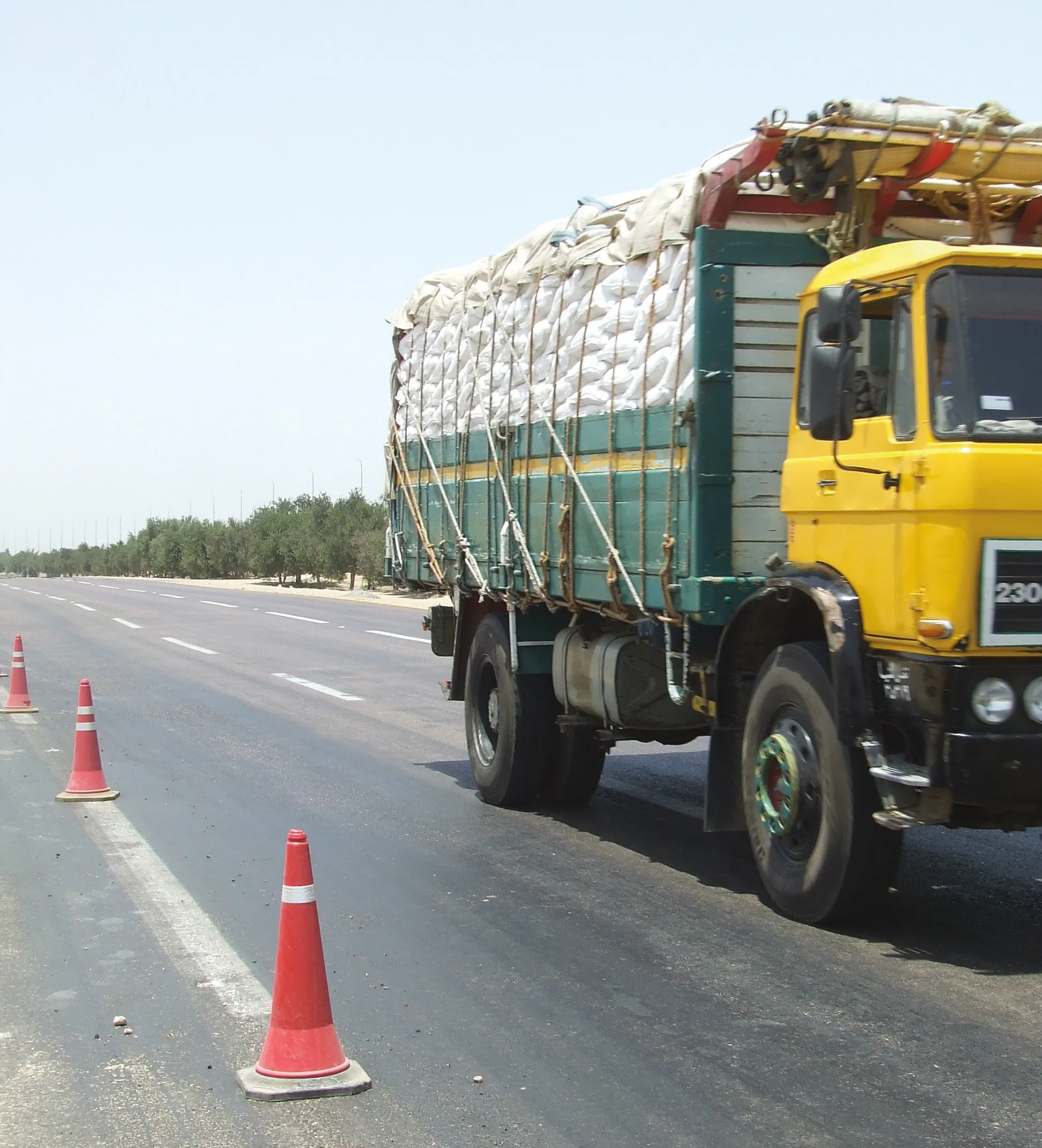The US Department of Transportation Federal Highway Administration (FHWA) has awarded Delcan a contract to build a flexible, scalable and adaptable framework structure for Traffic Incident Management (TIM). Delcan is collaborating with SAIC on this effort.TIM is the practice of implementing a coordinated multi-disciplinary effort to swiftly clear traffic incidents off of roadways for increased public safety, more efficient mobility and reduce negative emission impacts on the environment.
May 4, 2012
Read time: 2 mins
The 2364 US Department of Transportation 2410 Federal Highway Administration (FHWA) has awarded 2698 Delcan a contract to build a flexible, scalable and adaptable framework structure for Traffic Incident Management (TIM). Delcan is collaborating with SAIC on this effort.TIM is the practice of implementing a coordinated multi-disciplinary effort to swiftly clear traffic incidents off of roadways for increased public safety, more efficient mobility and reduce negative emission impacts on the environment. Effective TIM efforts result from a coordinated effort from local law enforcement, first responders and transportation agencies, to name a few.Delcan's Emergency Transportation Operations (ETO) division has vast experience in this field and will gather and articulate research, review methodology for the TIM framework, conduct stakeholder interviews, conduct a gap analysis and define national TIM roles and responsibilities for first responders. The company will look at legislative and legal parameters and develop a concept of operations for TIM response actions culminating in a comprehensive national traffic incident management framework document.









